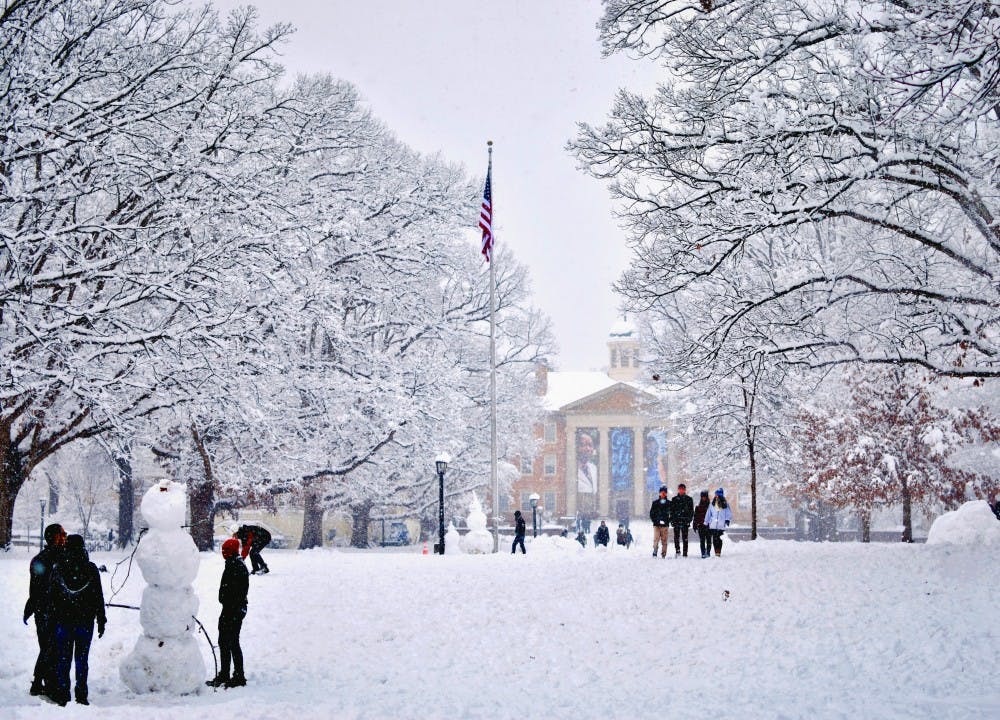Only 26 percent of Republicans have strong confidence in higher education, according to a recent Gallup News poll, and their confidence in colleges and universities is even lower, at 12 percent.
Comparatively, 50 percent of Democrats have strong confidence in higher education, and 37 percent have faith in colleges and universities.
Higher education is becoming increasingly polarized — a 2017 Pew Research study found Republican support for colleges and universities declined from 58 percent to 36 percent, compared to a 7 percent rise in support among Democrats. Yet, despite their low approval, 62 percent of Republicans still believed universities properly prepare students for the workforce.
Fenwick English, a professor of higher education at UNC, said Republicans tend to disapprove of universities because higher education challenges traditional thought, and liberals are more likely to embrace discoveries of new ideas and thoughts than their conservative counterparts.
“The pursuit of knowledge pushes the boundaries, challenges conventional thinking,” English said. “Especially in the social sciences, those with a conservative bent are uneasy, suspicious, resentful of very different ideas or thinking. Democrats are more accepting of such challenges than Republicans — there are exceptions, of course.”
Jenna Robinson, president of the Martin Center for Academic Renewal, said Republicans tend to disapprove of higher education due to ideological differences and the majority of university students and faculty tend to be liberal.
"I think there is a fundamental disagreement between Republicans and Democrats on important ideological issues, and most campuses are liberal," Robinson said. "There’s been a lot of media coverage of liberal incidents on university campuses — I think that Republicans on average disagree with the cultural zeitgeist at universities."
The Gallup survey found Republicans were more than twice as likely to have confidence in community colleges compared to four-year colleges and universities. English related the difference back to conservatives being uncomfortable with challenging traditional thought.
“The term 'universities' connotes a radical place for unconventional thinking,” English said. “Higher education is more neutral and community college is the perpetuation of the social status quo.”




